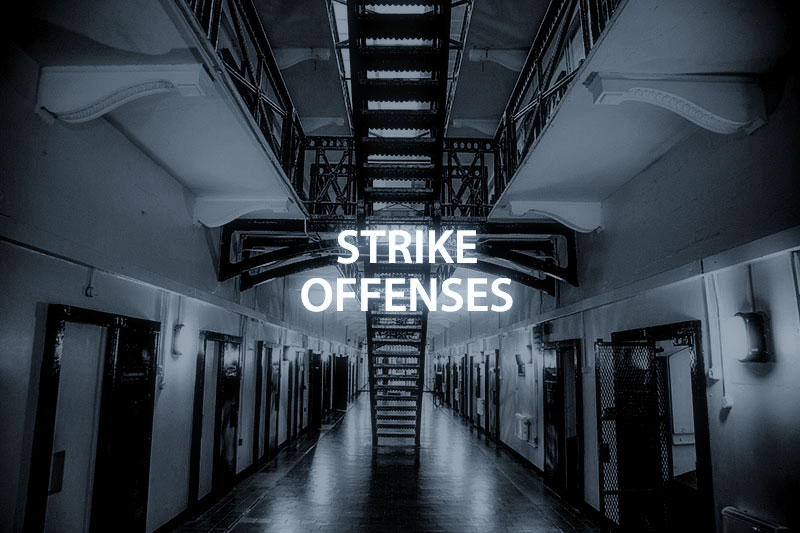In California, the concept of a “strike” offense under the Three Strikes law has reshaped the justice system and the lives of many convicted individuals. Enacted in the mid-1990s, the intent of the Three Strikes law was to reduce serious crime by imposing stricter penalties on repeat offenders. Although the law has undergone amendments over the years, understanding what qualifies as a strike offense is crucial for both legal professionals and the broader public.
What Counts as a Strike Offense?
At its core, the Three Strikes law aims to penalize those convicted of serious or violent felonies more severely. According to California legislation, a strike offense includes crimes classified under the state’s definition of serious or violent felonies. These categories encompass a broad range of crimes, which include but are not limited to:
- Murder or voluntary manslaughter
- Forcible sexual offenses, including rape
- Robbery
- Arson
- Kidnapping
- Assault with the intent to commit a felony
- Any crime involving the use of a firearm or deadly weapon
These felonies are explicitly listed in the California Penal Code sections 1192.7(c) and 667.5(c), which provide a detailed enumeration of what constitutes a serious or violent felony.
How Minor Offenses Can Escalate Under the Three Strikes Law
One of the controversial aspects of the Three Strikes law is how it escalates the legal consequences of new offenses for those with previous strikes. Initially, any felony could qualify as a third strike, leading to a prison sentence of 25 years to life. This aspect of the law meant that even non-violent felonies could result in dramatically enhanced penalties.
For instance, consider a scenario where an individual with two prior serious felony convictions commits a relatively minor felony, such as grand theft. Under the original stipulations of the Three Strikes law, this could have potentially qualified as a third strike, leading to a stringent mandatory minimum sentence far disproportionate to the crime.
Changes and Current State
Acknowledging these concerns, California voters passed Proposition 36 in 2012, which reformed the Three Strikes law. The revisions mandate that the third strike must also be a serious or violent felony to qualify for the 25 years to life sentence, unless the offender had previously been convicted of an extremely dangerous crime, such as rape or murder.
This change aimed to ensure that the harshest penalties were reserved for those who commit the most severe crimes, addressing criticisms that the law was previously too unforgiving for less severe felonies.
The Impact of Strikes on Sentencing and Parole
Having a strike on your record is far-reaching. Even one strike can double the normal sentence of any new felony conviction, and individuals with strikes are required to serve at least 80% of their sentence before being eligible for parole. With two strikes, the sentence for any new felony is automatically doubled, and 85% of the sentence must be served before parole eligibility.
Defense Attorney Caryn Warren Can Help!
The Three Strikes law in California serves as a stringent legal mechanism intended to deter repeat offenders from committing serious crimes. It highlights the gravity of obtaining a “strike” on one’s criminal record, which can lead to severe implications for future offenses, even those that might seem minor. The law’s evolution, particularly with the reforms introduced by Proposition 36, reflects ongoing debates about justice, fairness, and the best ways to ensure public safety while avoiding disproportionate penalties. Understanding these nuances is essential for any Californian, helping navigate the complexities of legal consequences in the state.
Personal Injury & Criminal Defense Services Available Throughout
Greater Sacramento, Yolo, Placer, and Solano Counties
Antelope, Arden-Arcade, Auburn, Benicia, Carmichael, Citrus Heights, Davis, Dixon, Elk Grove, Fairfield, Fair Oaks, Folsom, Galt, Gold River, Granite Bay, Iselton, Lincoln, Loomis, North Highlands, Orangevale, Rancho Cordova, Rio Linda, Rio Vista, Roseville, Rocklin, Sacramento, Suisun City, Vacaville, Vallejo, West Sacramento, Winters, Woodland

